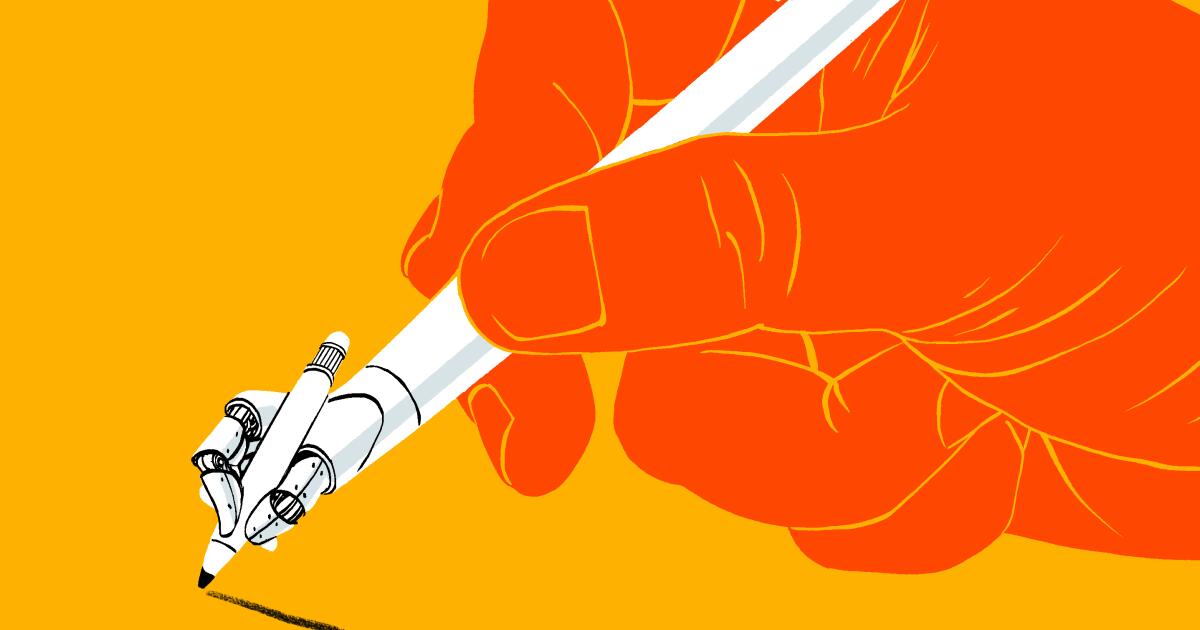UPDATE: Schools across the United States are urgently addressing the rising concerns of cheating fueled by artificial intelligence as the new academic year begins. Teachers are scrambling to navigate complex scenarios where students might not even realize they are crossing the line into academic dishonesty.
Valencia High School English teacher Casey Cuny, a veteran with 23 years of experience, states, “The cheating is off the charts. It’s the worst I’ve seen in my entire career.” With AI tools like ChatGPT becoming commonplace, educators are forced to reconsider traditional approaches to assignments, fearing that students may use AI-generated content without understanding the implications.
Initial reactions saw many schools outright banning AI, but as the landscape evolves, a shift toward promoting AI literacy is emerging. Cuny emphasizes the need for students to learn how to use AI effectively and ethically, rather than simply prohibiting its use. This reflects a broader educational trend, with experts advocating for a focus on understanding the purpose of education in the era of advanced technology.
New findings from Stanford University show that although approximately 75% of students reported behaviors qualifying as cheating, the nature of cheating is changing rather than becoming more rampant. Researchers, including Denise Pope, co-lead of a long-term study on student cheating, indicate that while AI tools are being employed more frequently, traditional methods of cheating, such as copying from peers, are declining.
The ongoing Stanford study, which has tracked cheating behaviors since 2009, reveals that students are increasingly using AI to write papers or summarize books without actually reading them. The prevalence of cheating remains consistent, but the methods have evolved. “This year’s data shows a decline in copying off a peer, indicating more use of AI instead,” says Victor Lee, an associate professor at Stanford.
In response to the rapid integration of AI in academia, educators are rethinking assignments. Traditional homework that can be easily completed using AI, such as essays or reports, may soon be replaced by timed in-class writing tasks to minimize cheating opportunities. However, these solutions are not foolproof; many students struggle with handwriting and may perform poorly under timed conditions.
As the technological arms race against cheating continues, educators face new challenges. Smart technologies, including glasses and earbuds, complicate efforts to maintain academic integrity. According to experts, the key to reducing cheating lies in addressing the root causes: student stress and workload pressures. Pope notes, “Sometimes the issue is overload in terms of work—homework or job responsibilities.”
The emotional weight of this issue is significant. Teachers must create environments where learning is engaging and meaningful, moving away from standardized tests that can inadvertently encourage cheating. Instead, schools are urged to prioritize projects that require critical thinking and creativity, such as oral presentations or performances.
In a dramatic shift, the New York City school system attempted to ban ChatGPT in January 2023 but reversed this decision just four months later. The district is now focused on managing AI use by providing educators with resources and training. In Los Angeles, a similar approach emphasizes responsible AI usage through mandatory digital citizenship training for students.
As the 2023-2024 academic year unfolds, educators are witnessing a marked increase in AI adoption among teens, with a recent analysis showing that the share of 13- to 17-year-olds using AI has doubled from 13% to 26% in just one year. Experts predict this trend will continue, underscoring the urgency for schools to adapt.
The debate over what constitutes cheating in the age of AI is far from settled. Teachers and researchers alike are grappling with nuanced situations: If AI helps a student understand a calculus problem, is that cheating? Or if a student integrates AI-generated content into their essay without proper attribution, does that constitute a learning challenge rather than dishonesty?
As schools strive to find the balance between leveraging AI’s capabilities and maintaining academic integrity, the conversation remains critical. The urgent need for clear guidelines and educational strategies is more pressing than ever, as students navigate a rapidly changing academic landscape.
